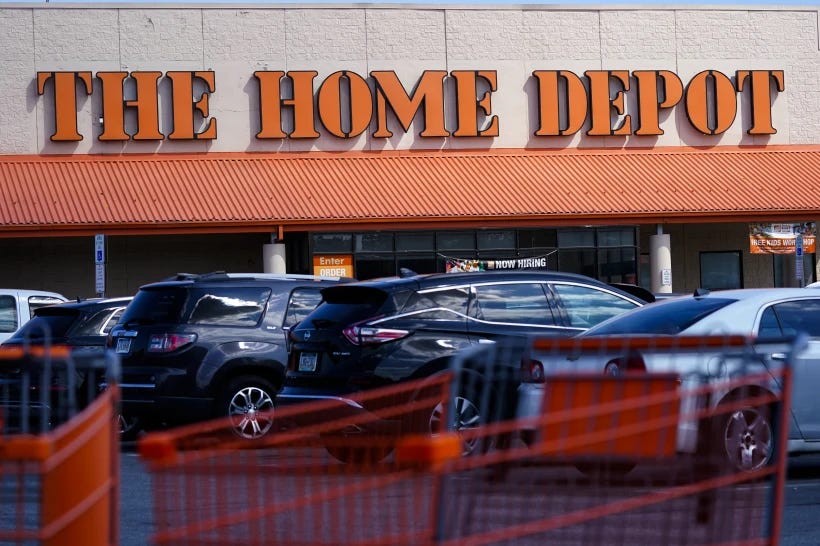Home Depot Fraud Case: Man Given $300,000 in Fraudulent Credit
Via In-Store Returns, Says U.S. Attorney's Office
According to an Associated Press story in an audacious series of events, Alexandre Henrique Costa-Mota, a 26-year-old man from West Hartford, Connecticut, is alleged to have gained nearly $300,000 in fraudulent Home Depot store credits. As federal prosecutors report, this was achieved by taking high-priced doors from multiple store locations and returning them without a receipt.

The fraudster's greatest liability is the certainty that the fraud is too clever to be detected.
Louis J. Freeh
As prosecutors allege in court documents, costa-Mota's scheme involved impersonating a contractor. He entered the stores empty-handed, picked up one or several doors priced in the hundreds of dollars, and proceeded to the service department to return them without providing a receipt. The stores issued him credits in the form of cards, which he then redeemed at different store locations.
In cases where his return was denied, prosecutors claim he would still take the doors without paying and attempt to return them at another store. The states involved in this elaborate fraud included Rhode Island, Connecticut, Massachusetts, Maine, Maryland, Pennsylvania, New York, and New Jersey. According to the prosecution, costa-Mota was given about 370 fraudulent store credits between June 2021 and February 2022.

Costa-Mota has been detained without bail, with a judge entering not-guilty pleas on his behalf this week in federal court in Rhode Island. According to a statement from the U.S. attorney's office in Providence, he faces charges of wire fraud and conspiracy to commit wire fraud. The legal counsel of the defendant did not immediately respond to an email seeking comment on the matter.
Home Depot’s return policy is designed to be customer-friendly, allowing customers to return items without a receipt. Nevertheless, the company has implemented certain safeguards to prevent abuse of this policy. This includes requesting identification that necessitates third-party verification.
In Costa-Mota's case, it appears that he initially used his own driver's license for the returns but later employed several fraudulent licenses with other names, according to court documents. As stated on Home Depot's website, the company uses a third-party refund verification system and requires a valid driver’s license or government-issued photo identification for non-receipted returns and returns made with store credits.

The intricacies of this alleged fraud raise questions about the efficacy of the retail giant’s security measures. Home Depot, like other retail businesses, will likely be reviewing its return policies and safeguards to prevent a repeat of such fraudulent activities. This case warns other retailers to tighten their verification processes to avoid falling victim to similar scams.
Disclaimer: Some information on this site may be considered attorney advertising under your state’s laws and ethical rules. This legal news site and its content are for general information and not legal advice. Information on this site may be incomplete or out-of-date.
No attorney-client relationship is created between you and any attorney who publishes content or online forms on this site. Hiring a lawyer is an important decision that should not be based solely on advertisements.
Facebook Owing Users More Money: The $37.5 Million Privacy Lawsuit Settlement
In a world where data privacy has become a key concern for individuals, Meta Platforms, the parent company of Facebook, has recently agreed to yet another class-action lawsuit settlement due to alleged privacy violations. This settlement, worth $37.5 million, comes on the heels of a previous class-action settlement only a mo…






